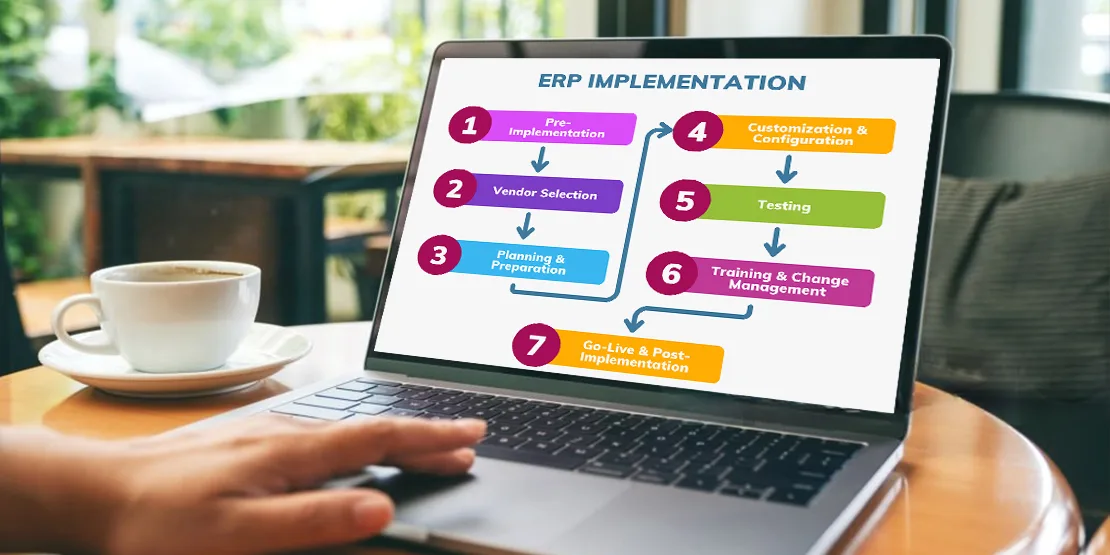
ERP Implementation Steps
ERP implementation is a complex process that requires a significant planning and resources in order to be successful in this article. We will read about the components like the steps involved in ERP implementation, the stages involved in ERP implementation, duration, guidelines, checklist, plan and other necessary factors.
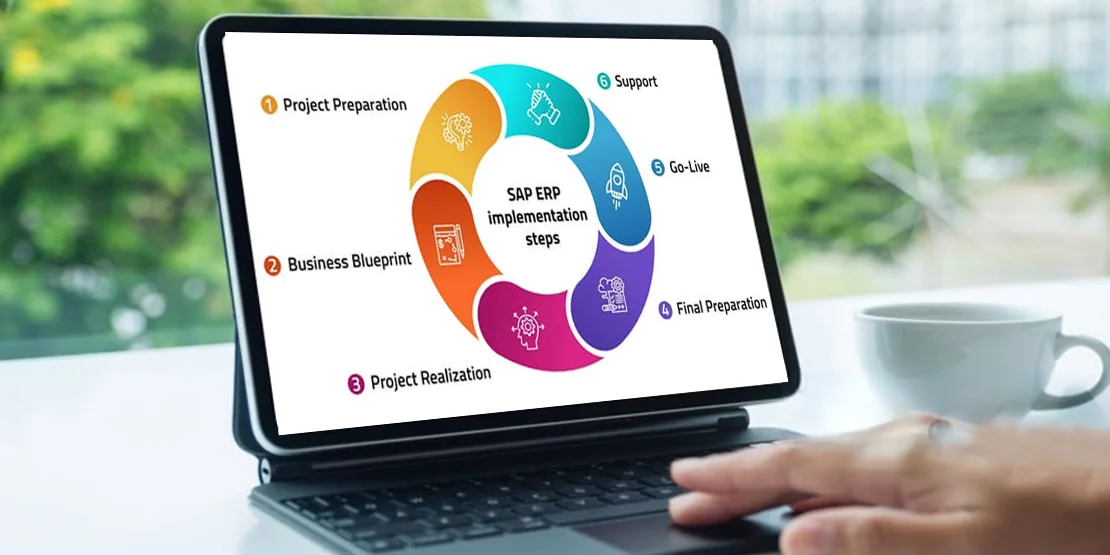
Understanding the ERP Implementation Step/Stages
Study the Current Systems
The first stage in the process includes a deeper understanding of the existing system. First, this step generally works on three major components like the identification of the business need, the evaluation of the current workflow of the venture and the allocation of clear goals that the organization wish to achieve with this enterprise resource planning implementation. This process also helps the user in identifying the common gaps or the loopholes that can be fixed with the right implementation practices.
Plan your Project
The next stage is the planning of the implementation process, this include defining of the scope or the objective besides the implementation, alignment of a skilled team that also involves the stakeholders in the process. The last step in the second phase is creating a detailed timeline that will help you in tracking the progress of the implementation in the firm.
Select the ERP System
As the name suggests the third stage is comprised of researching about the best ERP system available, there are a few consideration that the user have to keep in mind before making any final decision.
Choose the vendor that perfectly aligns with all your requirements in the terms of functionality, scalability, cost and the support and training services.
Before the actual investment try to go for the demos or pilot programs that will ensure you that the particular ERP implementation is the best fit for you or not.
The last step would be finalizing on an agreement that works for both the individuals without compromising on the ultimate organizational goals.
Design the Units
The fourth process in the implementation of an ERP is designing the actual interface that can be called as a customized workflow for the organization. This basically involves the mapping/documentation of the existing process, deciding on the transfer of data into the new system and then working on the customized set of modules, features that makes a personalized business processes. Lastly it includes the setting up of the permission function and providing accessibility across different departments.
Development
The next step in the series is development, which includes the migration of data from the existing system to a brand-new tailored system, integration of the systems and lastly providing custom applications with utmost data integrity and scalability accuracy.
Test the Developed System
Testing is a phase where the functionality of the ERP is checked through various system test, it also includes the user acceptance test and the feedback process in order to have the efficient ERP system.
Deployment and Support
The final stage involves deployment of the build ERP system and providing the components like training, maintenance and support to every client based on user feedback.
At the end, implementation of ERP is a fundamental component of any business growth and also it is essential to follow these seven stages for a successful implementation of ERP.
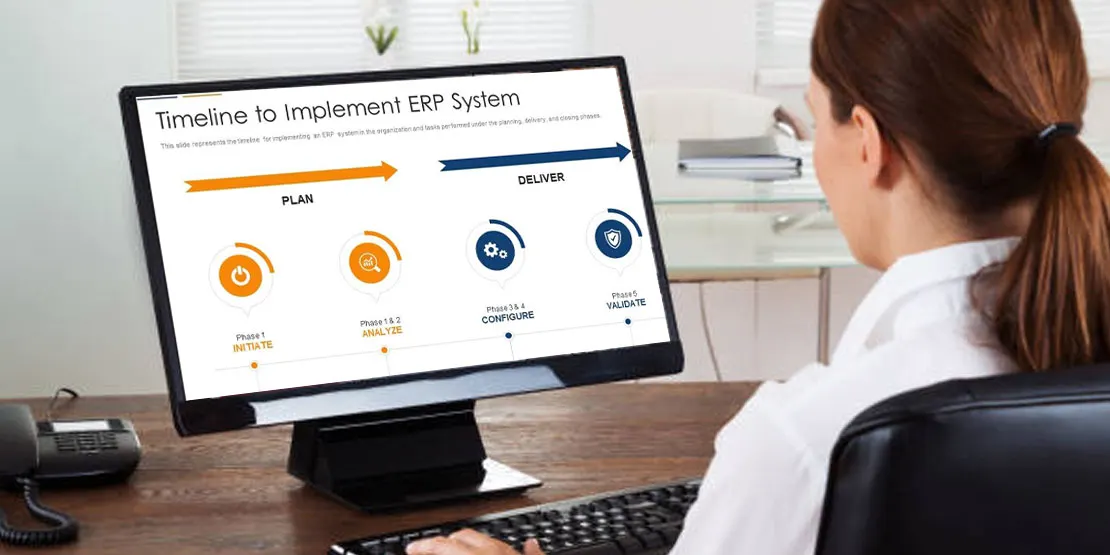
ERP Implementation Duration
ERP implementation duration is never a fixed process and it can vary widely based on several factors, which may include the complexity of the business processes, the number of modules the user implemented, and the level of customization required for a particular project. But if talked on the estimation, it can come down to six months to two years for the whole process to complete in a stretch. Besides this simpler implementation can be completed in the time span of two months, and this increase with more complex systems. Talking about the average timeframe of ERP based on various studies and industry insights:
A basic ERP implementation may take an approximate time frame of three to six months, this time range can differ business to business needs.
Mid-market implementations includes some more modules and operation and can typically range from four to one year.
When it comes to more complex implementations which involves multiple modules and operation can range their timespan from eighteen months up to two years, and it especially works for the larger organizations that has an intricate needs.
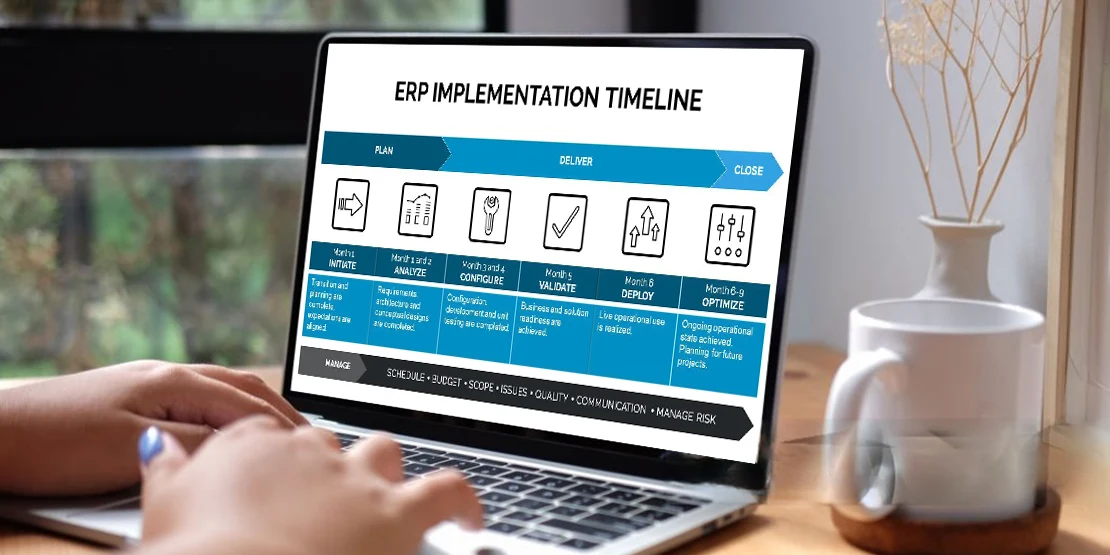
Factors that can affect the ERP Implementation Timeline/ Schedule
Business Sizes
The ERP implementation process can be affected by the size of the business, as the larger the size of the business will be the greater will be the time taken in the implementation process. And vise-versa for the small-scale businesses.
Project Scope.
If the venture demands more functionality and modules, it means there will be more integration and the greater implementation, programming attached to it thus there will be a long timeline for the ERP implementation.
Availability of Resources
It defines the availability of both the internal and external resources that the user work with on a particular project, it also includes the team of experts, key stakeholders for a timely project completion.
Customization
The level of customization and also delay the ERP implementation schedule, as the ventures who works with extensive customization on each of their modules it means it will take a longer hour hence it contribute to the Factors that can affect the ERP implementation timeline/ schedule.

Managing ERP Implementation Duration
There are a few ways through which the user can manage and ensure a smooth and timely ERP implementation process, there is the list of few of these best practices:
Set Realistic Expectations
It is good to have expectations, but this will be more beneficial if they are realistic, hence it is essential for stakeholders to understand the process of ERP implementations and to also know that it requires time and effort hence setting realistic timelines will definitely avoid the chances of frustration in the process.
Engage Key Stakeholders Early
Every ERP implementation duration requires stakeholders, and it is said that involving them from various departments early in the planning phase ensures functional requirements consideration streamlined decision-making during implementation, and other benefits.
Develop a Detailed Project Plan
It is beneficial to have a well-documented project plan that outlines the timelines, responsibilities, milestones, and deliverables help for an aligned project lifecycle.
Allocate Sufficient Resources
Ensuring that you have an adequate resource both in the terms of human and technological in the implementation process for a maintained momentum.
Monitor Progress Regularly
Check-ins regularly with the project teams as it provides timely identification of potential delays or issues that will further hamper the overall timeline.
Be Flexible
It is important to have timelines but is not always that the ERP implementation goes with the timeline hence flexibility is the key during challenges arise in the implementation process, the user should be prepared to adjust plans as needed can mitigate risks associated with delays and not be rigid with the estimated timeline.
FAQs
What is a Big Bang Implementation in ERP?
The big bang implementation is a process that covers the entire ERP system implementation at once and is generally chosen by the business that require a minimized disruptions during deployment, the big-bang implementation also have an in-depth planning before the actual process is started.
Why is the process mapping important?
Process mapping is an important aspect that means studying deeply about the users existing system, understanding the user's scope or the objective and them aligning the team accordingly.
What role does user acceptance testing (UAT) play in the implementation process?
The UAT involves an end-user testing within the system to ensure the fulfilment of the needs and functions correctly before the software goes official live.
How long does the ERP implementation take?
On an average the ERP implementation can take Up to five months to two years based on ventures requirement, customization and standard.
What do you mean by golden rules for ERP implementation?
The Golden Rules For ERP Implementation means ensuring the top management visibility to support the project at Kickoff, and check the status meetings etc.
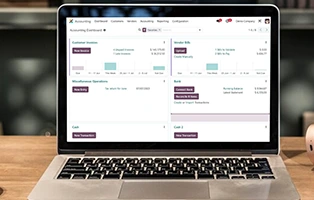



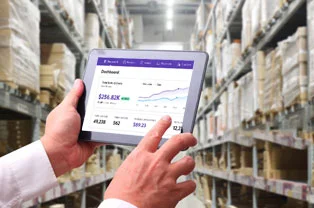
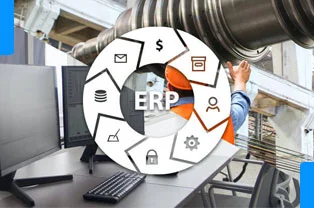





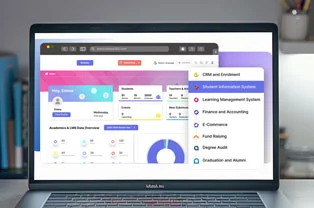








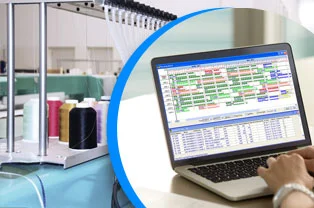



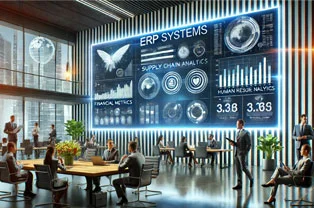








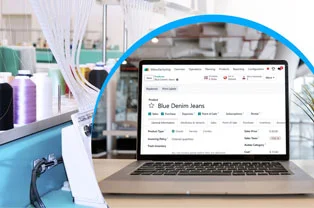
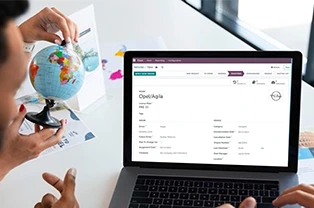














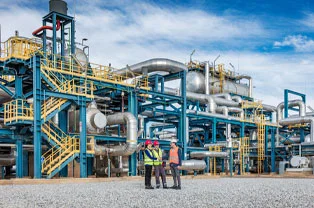










 USA
USA INDIA
INDIA